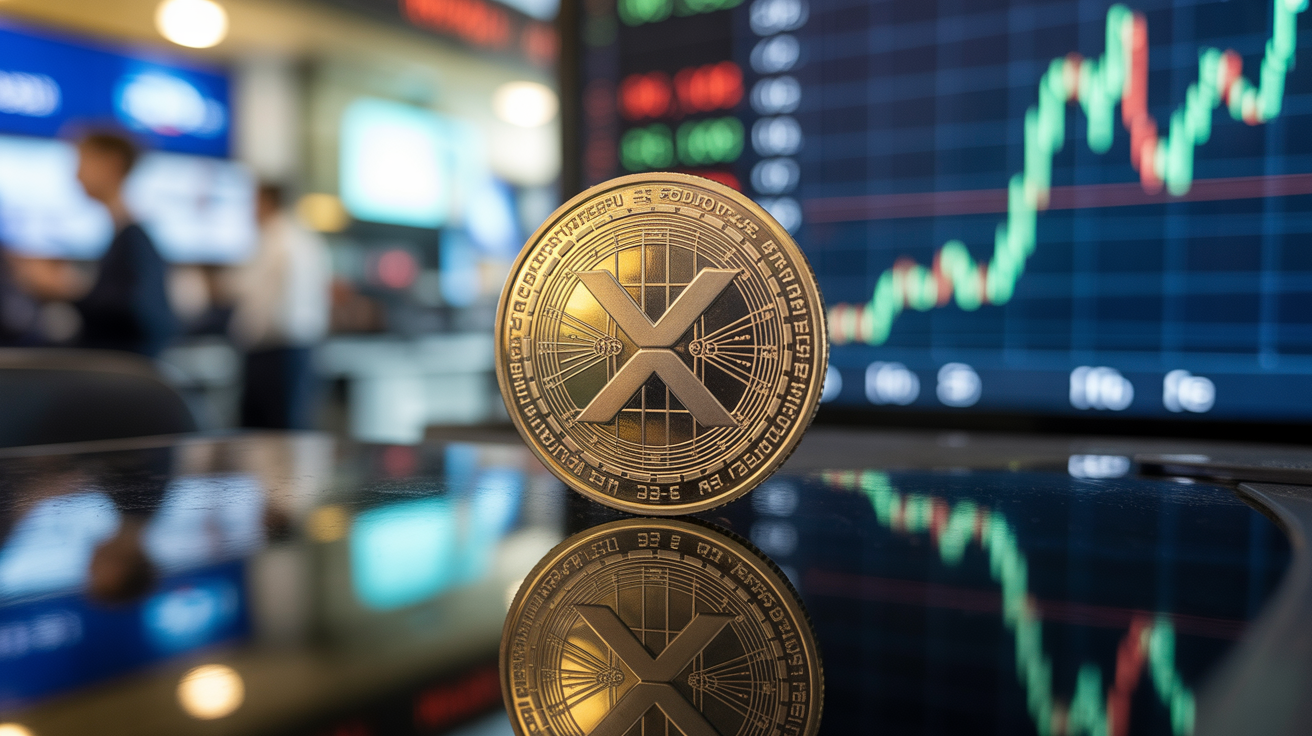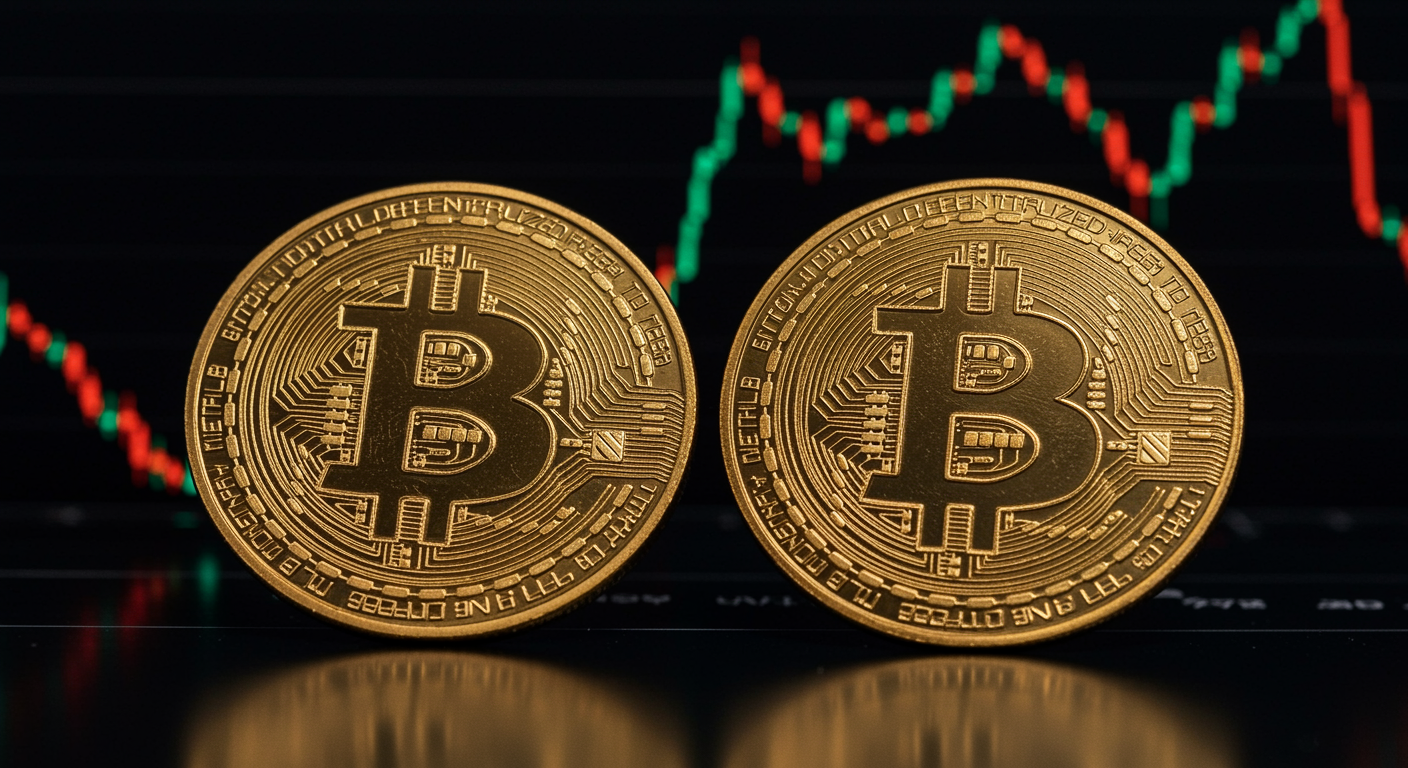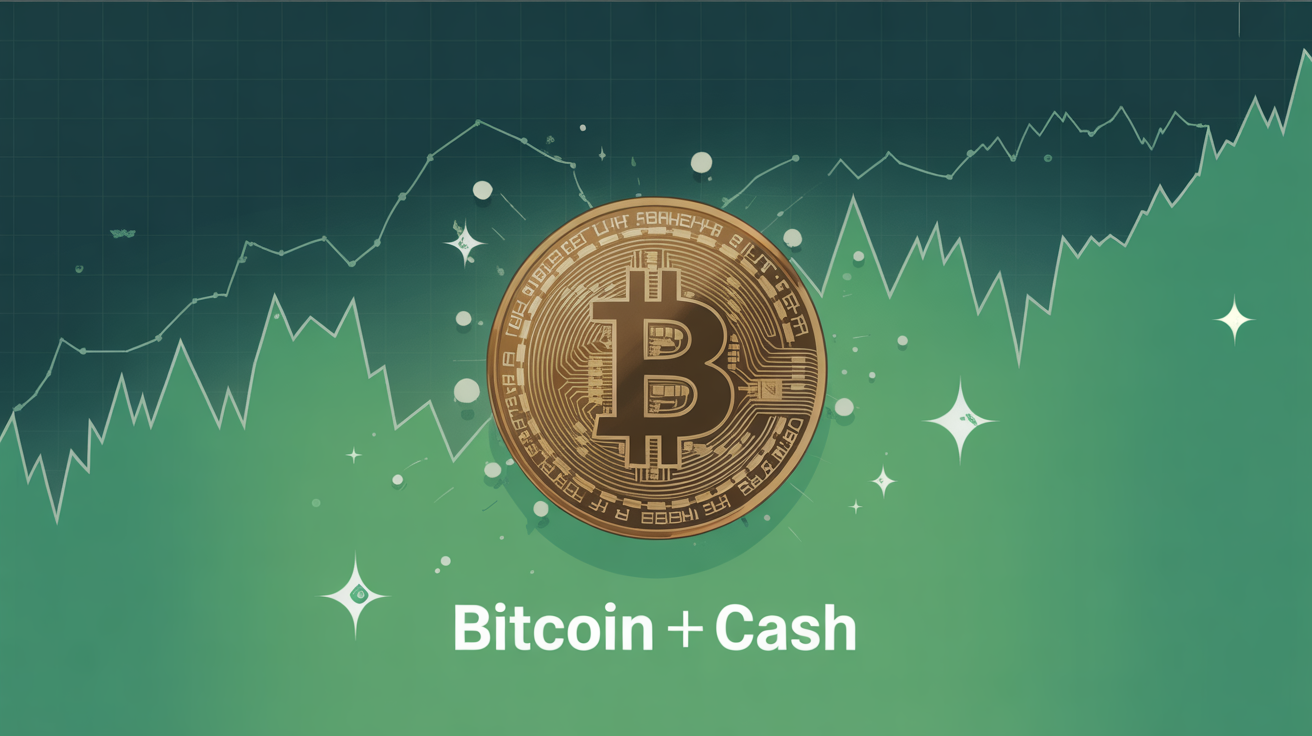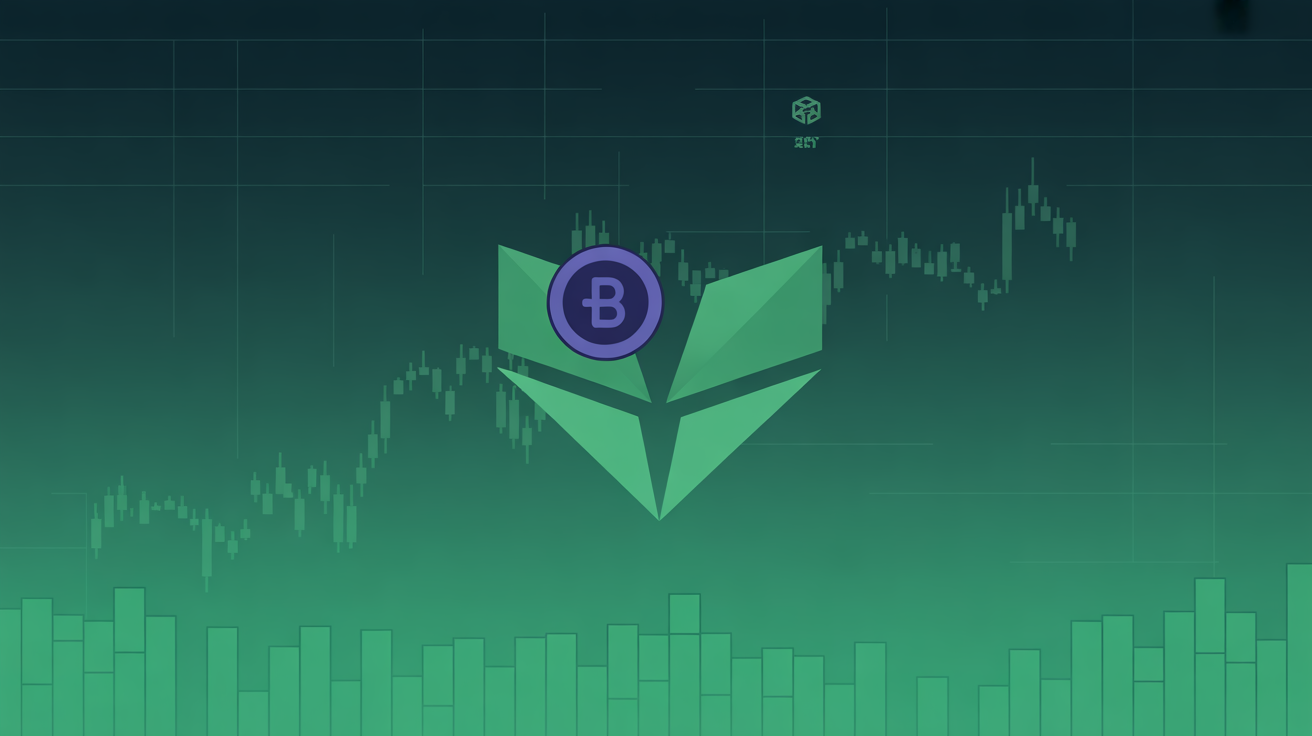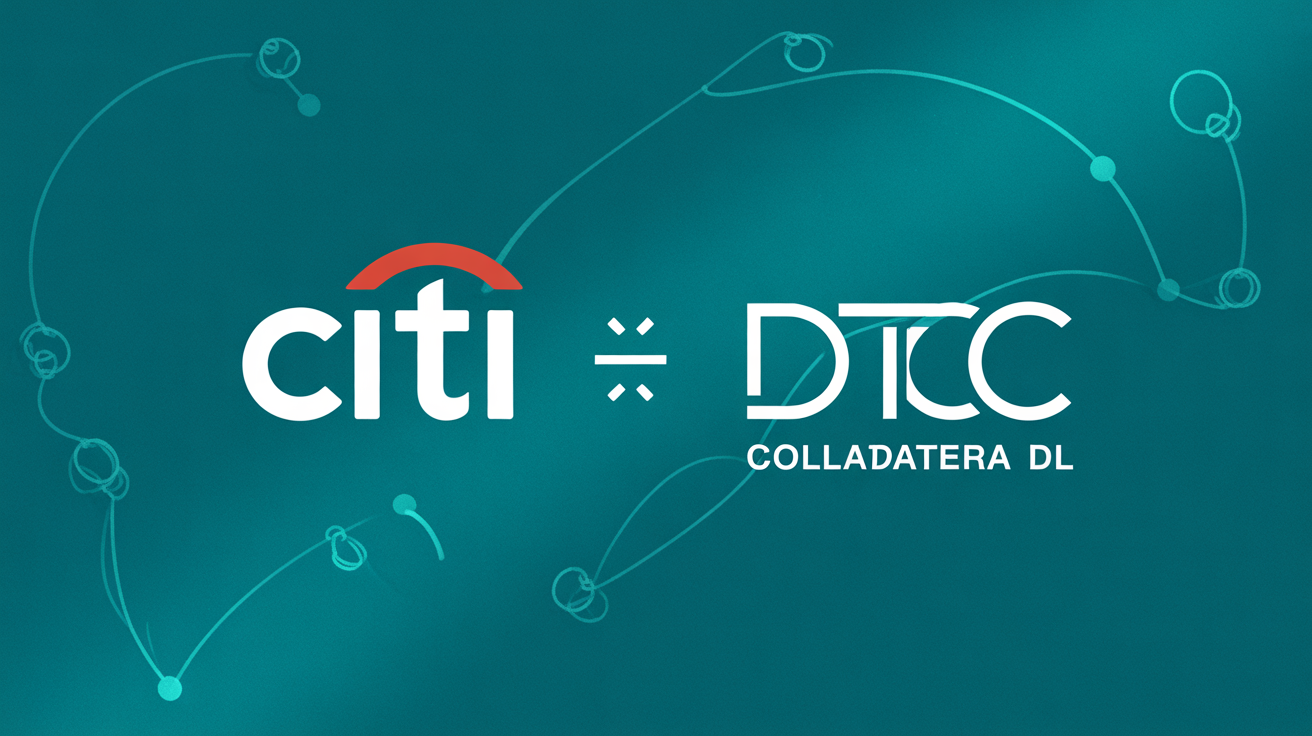The long-promised growth of decentralized finance (DeFi) and real-world asset tokenization continues to fall short, according to a new research note from JPMorgan. Analyst Nikolaos Panigirtzoglou highlighted persistent stagnation in the space, noting that the sector has yet to fully recover from the 2022 crypto market crash.
DeFi Activity Still Below Peak
Total value locked (TVL) in DeFi remains well below 2021 highs, the report said, with most activity still dominated by crypto-native and retail participants. Despite advances in infrastructure—like permissioned lending platforms and KYC-enabled vaults—traditional institutions have been reluctant to engage meaningfully.
Barriers include fragmented global regulations, unclear legal frameworks for on-chain assets, and security concerns tied to smart contracts. Consequently, institutional crypto activity remains largely confined to Bitcoin (BTC), rather than broader DeFi applications.
Tokenization Fails to Scale
JPMorgan also noted that asset tokenization has yet to deliver on its early promise. While the space has grown to include $25 billion in tokenized assets and $8 billion in tokenized bonds—with growing use in money market funds—most projects remain small, illiquid, and pilot-stage.
Initiatives from major firms such as BlackRock’s BUIDL fund and Broadridge’s Distributed Ledger Repo (DLR) platform demonstrate some technical benefits, but real-world adoption and liquidity remain limited.
“In private markets, tokenization efforts are concentrated among a few players and lack active secondary markets,” Panigirtzoglou wrote.
Institutional Resistance to Transparency
A key hurdle, according to the report, is institutional discomfort with the transparency of public blockchains. Many traditional investors still prefer opaque execution environments like dark pools, and the trend of off-exchange equity trading continues to support this view.
Even with regulatory developments like the SEC’s “Project Crypto” pushing for clearer digital asset frameworks, JPMorgan remains skeptical that policy reform alone can drive widespread adoption.
“Traditional finance still doesn’t perceive an urgent need for blockchain,” the report concluded. “Fintech has already improved efficiency within the existing system, reducing the incentive to adopt tokenized alternatives.”




